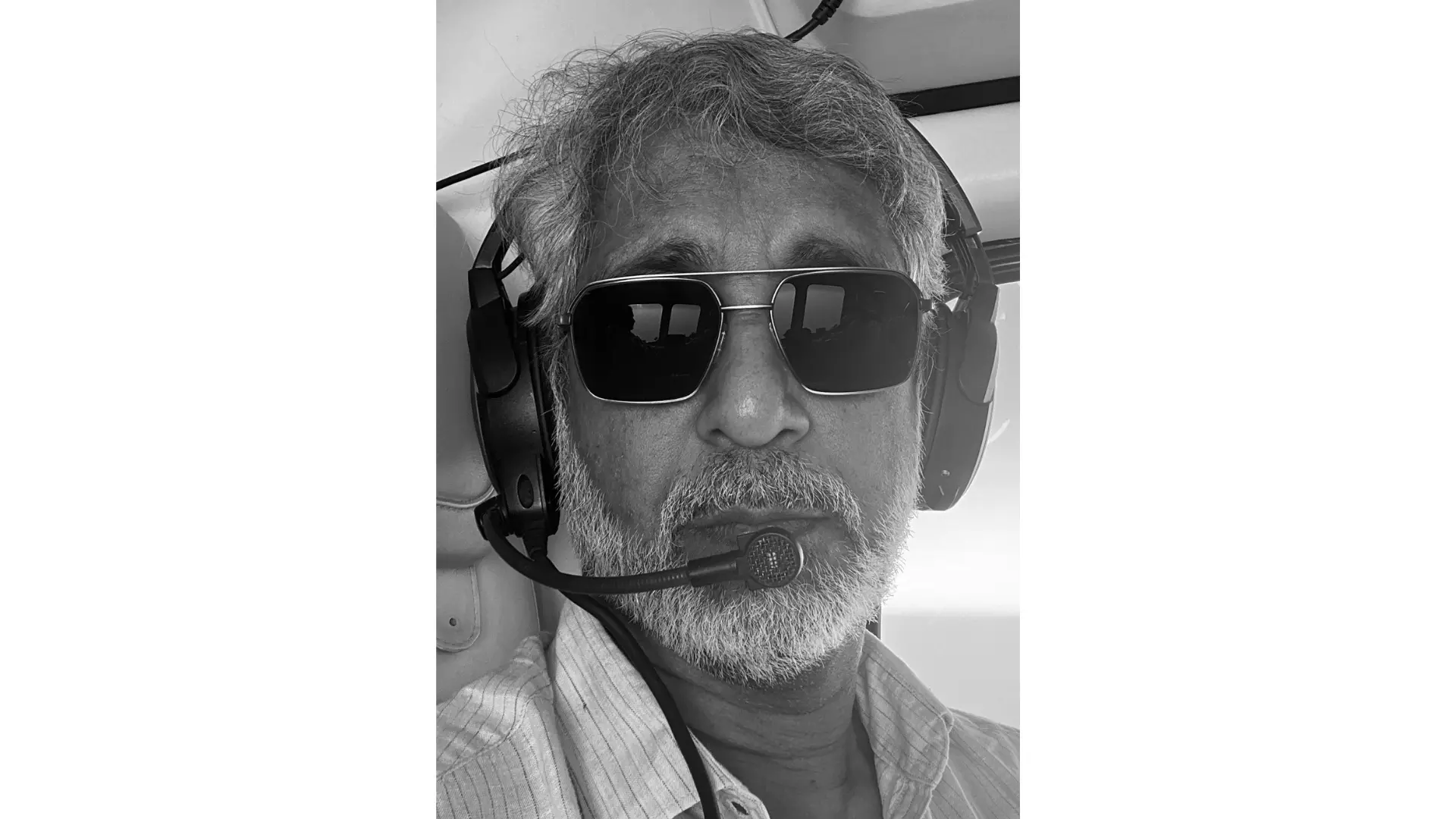Arrogance of Ignorance' Behind Project Cheetah Deaths: Top Conservation Specialist

HYDERABAD: The death of cheetahs at Kuno National Park in Madhya Pradesh, that were brought from South Africa and Namibia as part of a prestigious ‘cheetah reintroduction’ project, was the result of ‘arrogance of ignorance’, said Dr Y.V. Jhala, renowned wildlife researcher and conservation specialist, who played a key role in the project.
Dr Jhala was answering a question on the reasons that led to the death of nine cheetahs – six adults and three cubs – at Kuno.
The former dean of Wildlife Institute of India, who was involved with the project for around a decade and is credited with playing a major role in designing the cheetah project, was in the city to speak at an event organised by the WWF-India on the use of technology in wildlife conservation.
Cheetahs, he said, were extinct in India for around 70 years and the country has presently no experts on cheetahs.
“We have people who understand carnivores and experts on cheetahs are abroad. Assimilation of the knowledge into field action was the lacuna and that is why we lost the animals,” Jhala told Deccan Chronicle.
He pointed out that when the project was planned, mortalities among cheetahs were factored in and the project itself is on track. In all, 20 cheetahs were imported into India from South Africa and Namibia. Of them, six adults died along with three cubs that were born in India, after the animals were moved to Kuno.
Asked what lessons had been learnt from the Kuno tragedy, Jhala said “what we have learnt from what happened so far is a question for the people, who will implement the project now.”
Incidentally, Jhala was suddenly dropped from the project this February after his two-year extension at the Wildlife Institute of India as its dean was curtailed after one year.
Later in the afternoon, speaking on ‘Infusion of Science in Large Carnivore Conservation’, a talk organized by WWF-India as part of its ‘Earth Series: Conservation Matters’, initiative, he dwelt about how various sciences were being employed in wildlife conservation and how wildlife technology was evolving.

